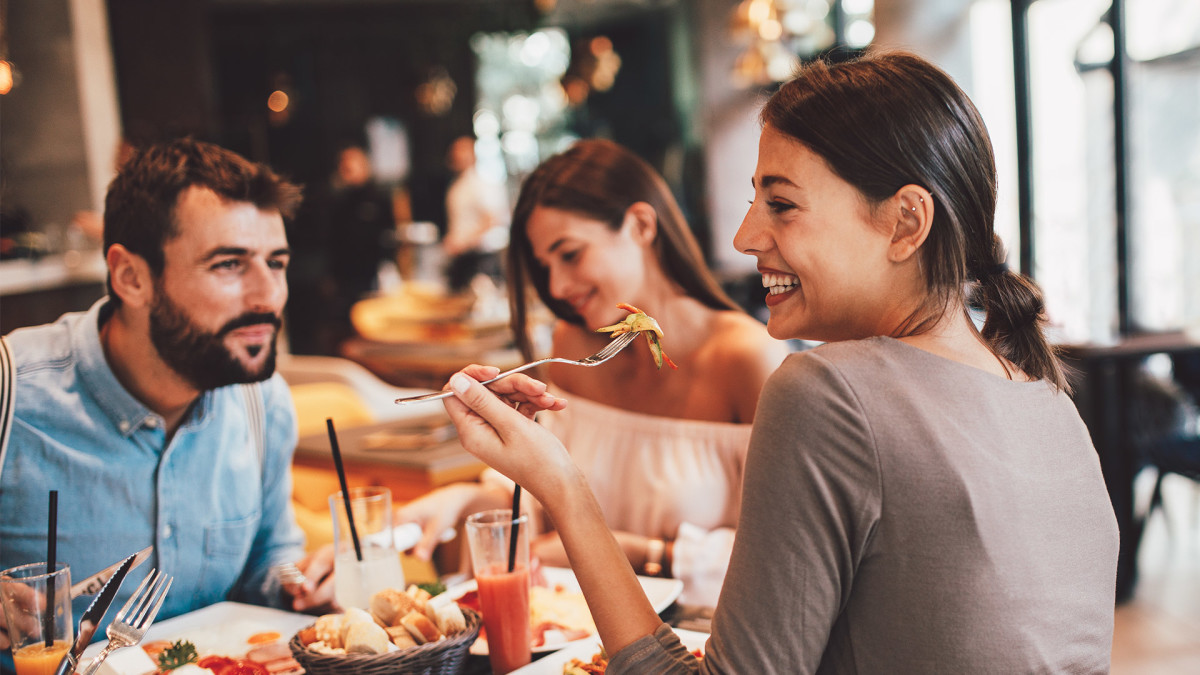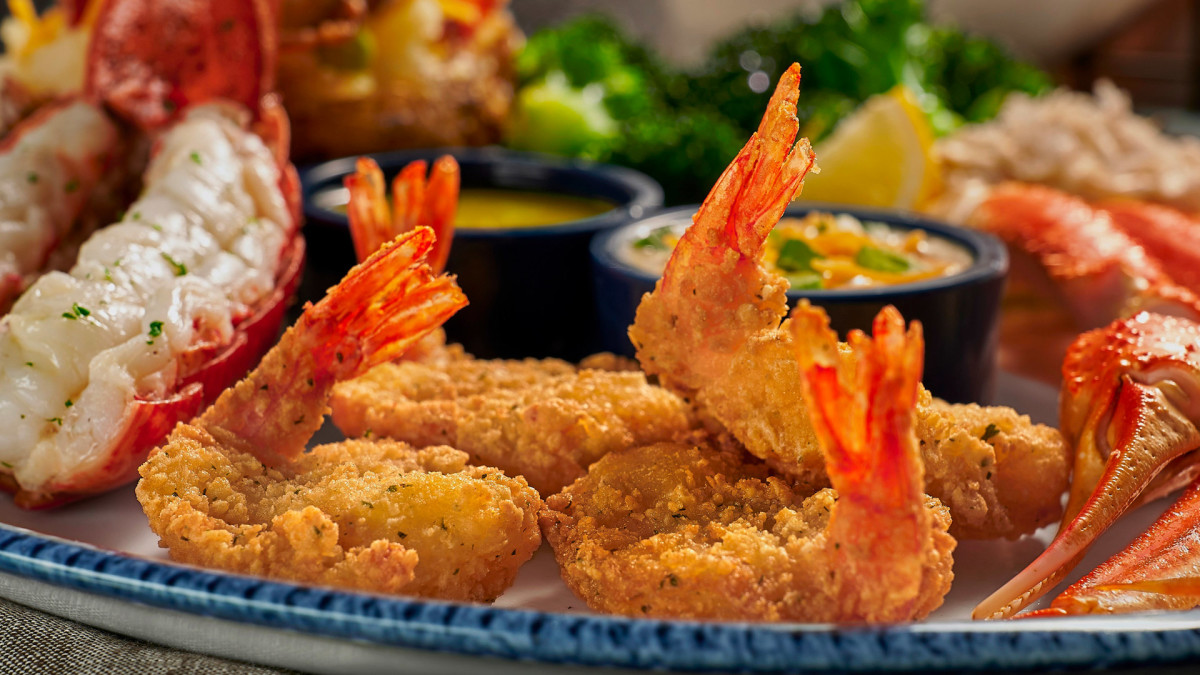
If you watch Gordon Ramsay on "Kitchen Nightmares" or Robert Irvine on "Restaurant Impossible," you know a lot of reasons why restaurants fail.
Dirty kitchens and bad service can cause customers to stop coming as can low-quality food or bland offerings that don't make an impression on people. More often than not on those shows, the people running the businesses don't know what they're doing.
Related: Famous restaurant files for Chapter 11 bankruptcy
They seemingly opened a restaurant without ever reading a book on how to operate a restaurant. In fact, they often appear as if they never bothered to watch the show they're now appearing on.
Any fan of those shows knows that restaurants can go out of business in multiple ways. Chasing away customers can lead to failure, but so can having a crowded restaurant but making one key mistake.
If a restaurant gets its food costs wrong, it can be crowded and still go out of business. When you give people portions that are too large or charge prices that are too low, you can actually go broke while making people really happy.
It's the old retail principle of selling $20 bills for $19. Your sales volume will be high — and loss leaders can work if people buy other things — but when a money-losing offer dominates your business, it leads to disaster.

Red Lobster made a shrimp mistake
If any chain should understand how underpricing an all-you-can-eat offer can bite back, it's Red Lobster. The popular seafood chain ran an "Endless Crab" promotion back in 2023 that cost its then-president her job.
Having come from a steak chain, Edna Morris had experience with all-you-can-eat promotions. The problem is that steak is filling and customers at her former employer averaged under two full plates.
More bankruptcy:
- Key healthcare product maker files for Chapter 11 bankruptcy
- National retail chain closing all stores in bankruptcy
- Another drugstore chain files for bankruptcy
At Red Lobster, people opted for three or more plates of crab, which cost the chain more than the $22.99 it charged for the promotion. Forget keeping your food cost under 30% as Ramsay or Irvine would tell you on their respective shows: The chain literally lost money as people stuffed their faces with crab.
That should be a one-time lesson, but it has happened at Red Lobster again. The company used a $20 "Endless Shrimp" promotion, and it boosted sales while costing itself millions of dollars.
It brought people into the restaurant, but they ate a lot of shrimp and didn't order the drinks, appetizers, and desserts that would have made them valuable customers. It was a disaster, one the company should have seen coming, and it has Red Lobster on the verge of Chapter 11 bankruptcy.
Red Lobster shuts down more than 50 restaurants
Red Lobster has not publicly commented on a potential Chapter 11 bankruptcy filing. It has also not issued any public comment on shutting down restaurants.
But people familiar with the matter told Bloomberg that the chain was considering filing for Chapter 11.
And Neal Sherman, chief executive of TagEx Brands, a liquidation firm, posted about its work with the restaurant chain.
"TagEx Brands has 50+ auctions now LIVE from the Red Lobster closures — the largest restaurant liquidation ever — with furniture, fixtures, and equipment from each location. Each auction will have a SINGLE winner for the listed items from the location they bid on," he wrote.
"To all my restaurant and food service operator friends: This is an opportunity to outfit your ENTIRE operation or open something entirely new for a fraction of the price."
Signs of an impending Chapter 11 bankruptcy filing first appeared in March when Red Lobster appointed as its CEO Jonathan Tibus, a managing partner at Alvarez & Marsal, a company known for corporate restructuring.
Want the latest cruise news and deals? Sign up for the Come Cruise With Me newsletter.
Red Lobster started with a single location in 1968.
"Before there was Red Lobster, there was Bill Darden, a man passionate about making delicious, high-quality seafood available and affordable to everyone, including people who lived far from the coast and regardless of race, gender, religion or economic means," the company says on its website.
"What was once a single, family-owned restaurant in Lakeland, Florida, now has over 700 locations around the world."
Related: Veteran fund manager picks favorite stocks for 2024







